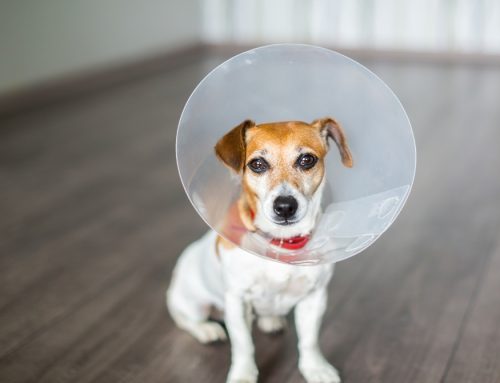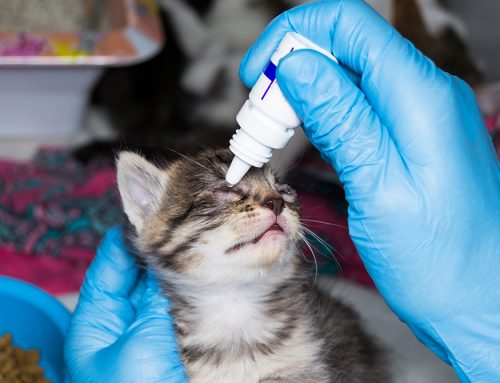What is a Seizure?
A seizure is a sudden, uncontrolled electrical disturbance in the brain that can cause changes in behavior, movements, or consciousness. Seizures in pets can vary in severity and duration, and they may be classified into several types:
- Generalized Seizures: Affect the entire brain and typically involve muscle contractions, loss of consciousness, and possible jerking or twitching movements.
- Focal Seizures: Affect only a specific area of the brain and may cause localized muscle movements, twitching, or unusual behaviors.
- Partial Seizures: Involve only a part of the brain and may lead to altered awareness or strange behavior.
Causes of Seizures in Pets
Seizures can be caused by a variety of factors, including:
- Epilepsy: A common cause of recurrent seizures with no identifiable underlying condition.
- Brain Tumors: Abnormal growths in the brain that can cause seizures.
- Infections: Diseases affecting the brain, such as meningitis or encephalitis.
- Toxins: Ingested substances or chemicals, such as certain plants, human medications, or insecticides.
- Metabolic Disorders: Conditions like low blood sugar (hypoglycemia), liver disease, or kidney failure.
- Trauma: Injuries to the head or brain that can lead to seizure activity.
Symptoms of Seizures
During a seizure, you may observe the following signs in your pet:
- Uncontrolled muscle contractions or twitching
- Loss of consciousness or unresponsiveness
- Excessive drooling or foaming at the mouth
- Urination or defecation
- Paddling or jerking of the legs
- Disorientation or confusion after the seizure
What to Do if Your Pet Has a Seizure
If your pet is experiencing a seizure, follow these steps:
- Stay Calm: Reassure yourself that your pet will recover from the seizure.
- Ensure Safety: Remove any nearby hazards that could cause injury. Do not try to restrain your pet or put anything in its mouth.
- Time the Seizure: Note the duration of the seizure. If it lasts more than 5 minutes or if your pet has multiple seizures in a row, seek immediate veterinary care.
- Monitor Recovery: After the seizure, observe your pet for any unusual behavior or signs of distress.
When to Seek Veterinary Care
It is important to contact a veterinarian if:
- Your pet has its first seizure.
- Seizures are recurrent or increasing in frequency.
- Seizures last longer than 5 minutes.
- Your pet does not fully recover between seizures.
- There is a known or suspected underlying cause, such as poisoning or head trauma.
How We Can Help
At Mission Veterinary Clinic, we provide urgent care for pets experiencing seizures and other critical conditions. We are located in the San Fernando Valley at:
16915 San Fernando Mission Blvd, Granada Hills, CA 91344
Phone: 818-363-8143
We operate on a walk-in basis and do not require appointments. Our team is here to offer prompt and compassionate care for your pet.
For more information, visit our website at missionvet.com.










Leave A Comment